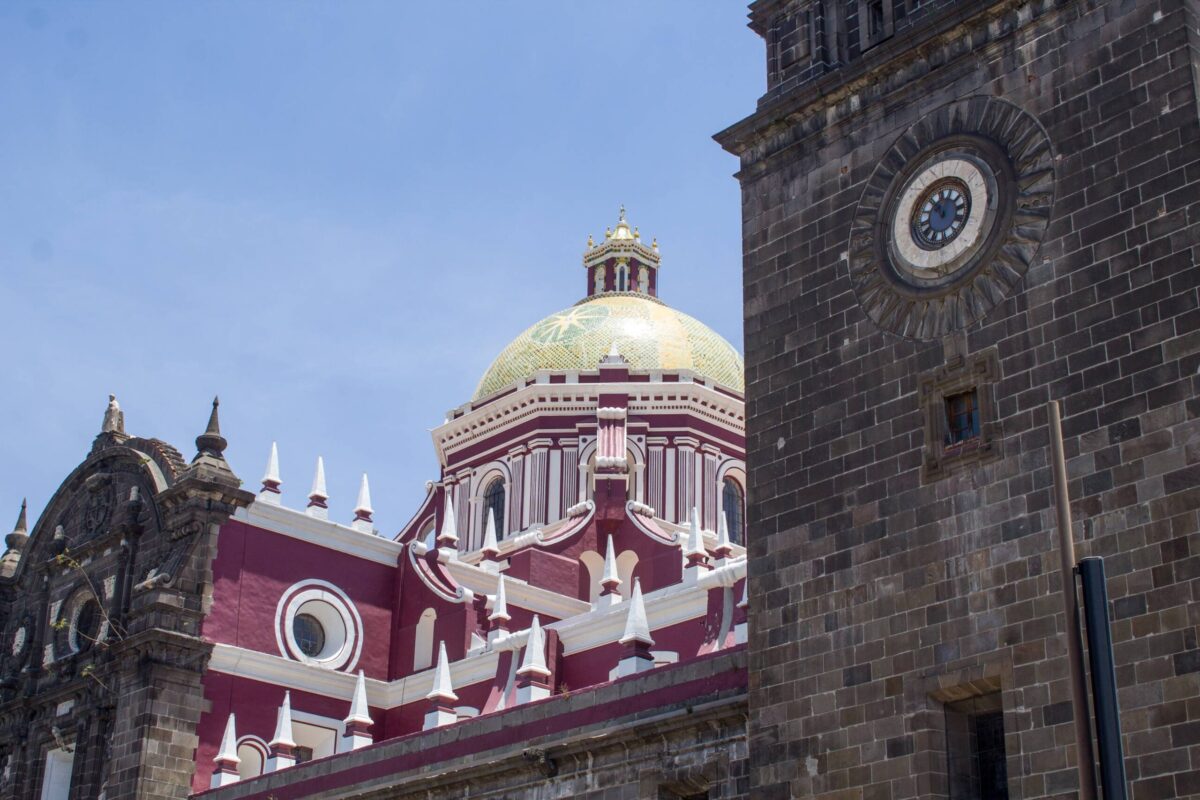Author: Aikaterini Nikou, University of Edinburgh, UK
Happy New Year! This is the first article in an exciting new series. Every month we hope to showcase a scientific article written by an undergraduate or postgraduate physics student. Is there a topic you would like to write about? Just email your article to jiaps@iaps.info .
(Word limit – 1000 words. For guidance on how to write an article, see http://iaps.ovh/wp-content/uploads/2019/01/How-to-write-an-article.pdf and http://iaps.ovh/wp-content/uploads/2022/04/jIAPS-Submission-Guidelines.pdf )
————————-
Social Sciences; Let’s get… physical!
In the orbits of stars, in particle collisions, in chemical reactions, in vehicles’ machines… physics is everywhere. Notoriously, physics is also in human behaviours, human interactions, and social dynamics. Have you ever considered how elegantly physics could describe social phenomena?
There is a particularly graceful beauty in the notion that social phenomena could be modelled, explained, analysed and predicted using mathematics in a way similar to physical phenomena. This could have a great spectrum of applications including economy (econophysics), pedagogy, tackling pandemics or even… dating. Social physics experiments conducted in the MIT media laboratory have investigated dating and found that it is possible to predict the outcome merely by analysing non-linguistic social signals such as the tone of voice [1]. A similar view could be used to analyse and predict other societal aspects including negotiating.
Social physics is a revolutionising topic in science; however, studying social phenomena through a scientific scope has existed for centuries. The English philosopher Thomas Hobbes mentioned this concept before the term Social Physics or Sociophysics was coined for the first time. He expressed the notion that social phenomena could be represented in terms of the laws of motion of physics and therefore explained through the lens of physics. In his book “De Corpore” (“On the Body”), he described the idea that the behaviour of “material bodies” can be expressed mathematically through the laws of motion invented by Galileo [2]. It seems almost natural to stop for a second and admire the beautiful diachronism of physics, as well as its interdisciplinarity in examining society from a scientific point of view.
Social Physics in Today’s Society
We live in a society where data collection is easier than ever, while there is a great number of datasets that are incredibly large and complex to analyse. Such datasets could be phone call records, web activity and credit card transactions. These datasets hold in their arms mathematical patterns that could reveal behavioural changes and patterns. Social physics can… deal with all – the so called “big-data”. It is a powerful tool that could be used for the blooming of our society. Evidently, data science is at the heart of social physics. Wonderfully, it can also help tackle world issues like the Covid-19 pandemic. A study showed that the multi-wave dynamics of Covid-19 outbreaks was dependent on the differences in responses to social stress [3].
A great benefit of social physics is that big data and exact mathematical tools can be applied in order to, in great accuracy, reflect on human behaviour as well as changes in it. It allows us to notice behavioural patterns and to therefore predict future social trends. These trends could include purchase preferences, shopping behaviour, communication behaviour, mobility or even Covid-19 cases spikes. These can then help us come up with more efficient plans to tackle climate change or urban development and traffic. It is worth noting that we could also observe and mathematically model connections between innovation and patterns of habits and communication which could greatly benefit the evolution of society. In other words, social physics can provide us with a way to more profoundly and accurately understand the mechanism of change of society. This could signal the birth of a new and innovative theory for society.
Social Physics and Machine Learning?
A question worth addressing is whether this analysis could be achieved using machine learning. Machine learning is a great tool for analysing mechanical and physical-driven data. For example, it can be invaluable in monitoring oil drill pumps control data and helping engineers prevent a possible malfunction. What about analysing financial transactions and therefore predicting customers’ preferences? Which type of customer would opt for a specific service for example? Social physics can help here as an appropriate tool for analysing human behaviour data.
Social Physics and human development
Moreover, social physics can also help in furthering our understanding of human development processes. Social physics has revealed a connection between the communication of a child and its brain development. The level of engagement (communication with people close to them such as parents or caretakers, inside of the red circle as seen in Fig.3) greatly affects the brain development of a child. Children that have a higher level of engagement and exploration (communication with people not in their close circle) have more developed brains and these children become more successful [4].
Conclusion
Recently, more and more social and societal phenomena are being studied through the lens of physics and mathematics. This interdisciplinary of social physics is particularly powerful. A great number of social physics studies have been conducted bringing to the surface revolutionising ideas, and so many more have yet to be conducted by the next generation of social physicists that could contribute to the blooming of our society.
References
- Madan A, Caneel R. Pentland A”S”. Voices of Attraction. MIT Media Laboratory Technical Note 2004 Sep; No. 584. Available from: https://dam-prod.media.mit.edu/x/files/tech-reports/TR-584.pdf
- Social Phyics/ Wikipedia [Internet]. Available from https://en.wikipedia.org/wiki/Social_physics
- Kastalskiy AI, Pankratova VE, Mirkes ME, Kazantsev BV, Gorban NA. Social stress drives the multi-wave dynamics of COVID-19 outbreaks. Sci Rep. 2021 Nov18;11(1):22497.
- MIT TEDxTalk [Intenet] Success through Social Physics Alex “Sandy”; 2014 Dec 13. Available from https://www.youtube.com/watch?v=C-wHdSJM_GI








